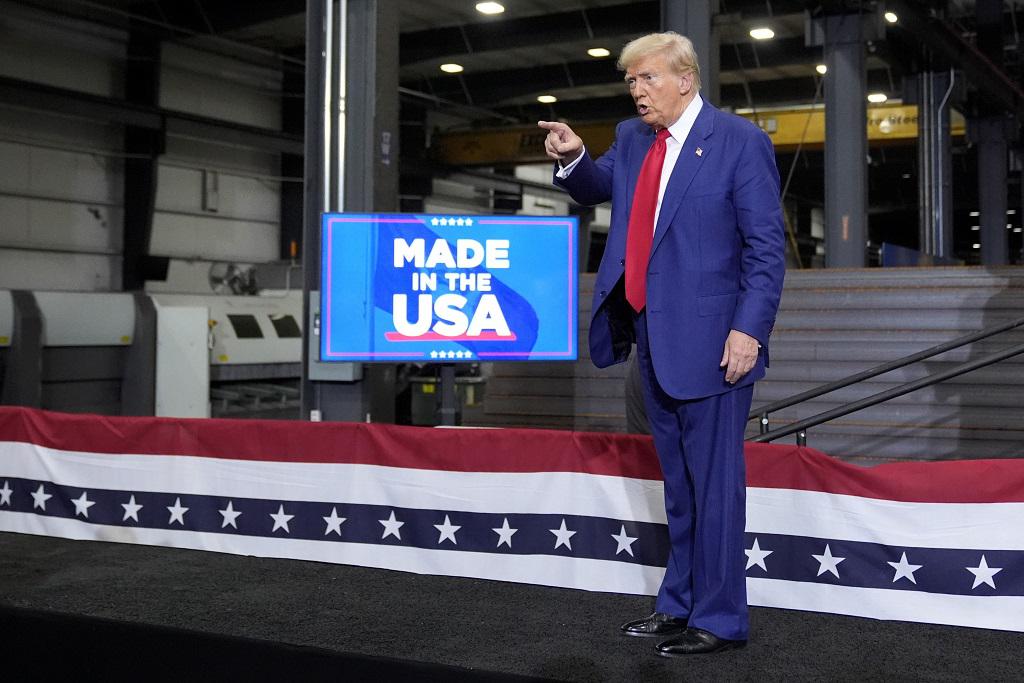
Wang Yuzhu, Research Fellow, Institute for World Economy Studies, SIIS
Apr 11, 2025
A broad vision is necessary if the United States wants to bring industry back home. The time has come for the it to reconcile its ambitions with on-the-ground realities. Washington should develop a sustainable strategy for managing relationships with other major powers, especially China.
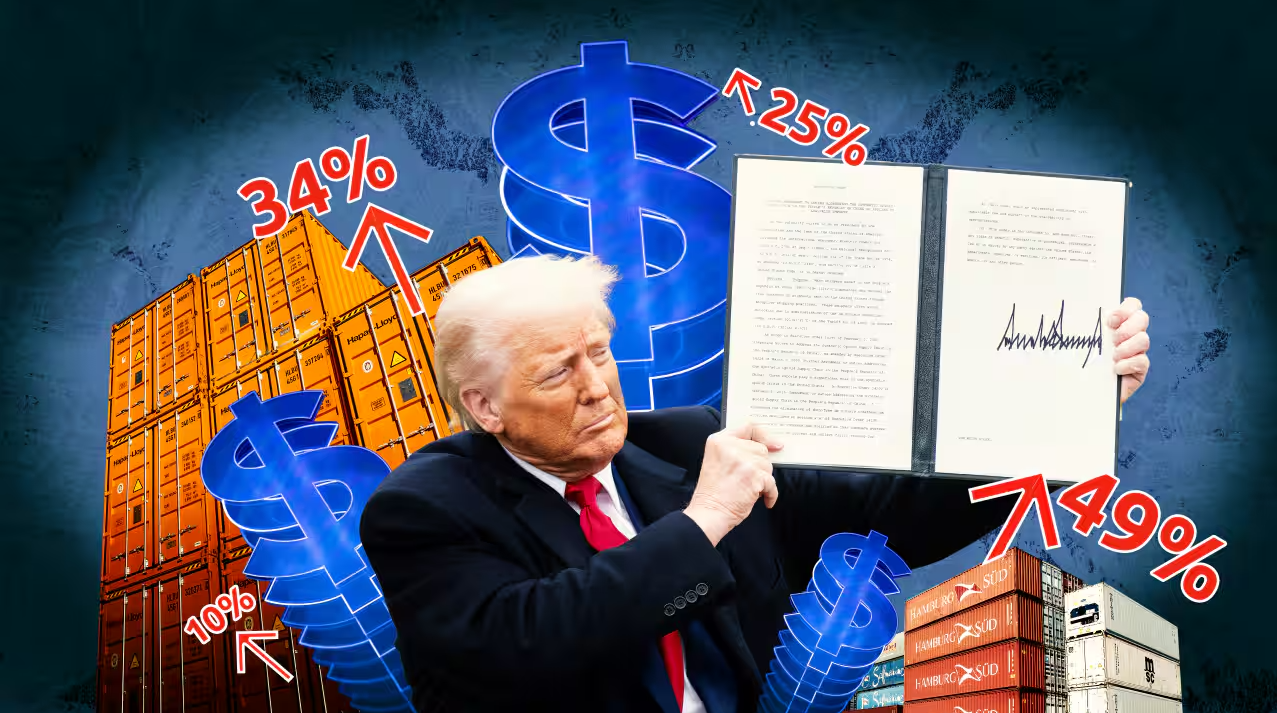
Yu Xiang, Senior Fellow, China Construction Bank Research Institute
Apr 09, 2025
Donald Trump might briefly bend the rules of economics, but their core endures. Tariffs could spark a U.S. manufacturing revival, but it will be fleeting. And the fallout — higher costs of living, strained global ties and a fractured world economy — seems all but certain.
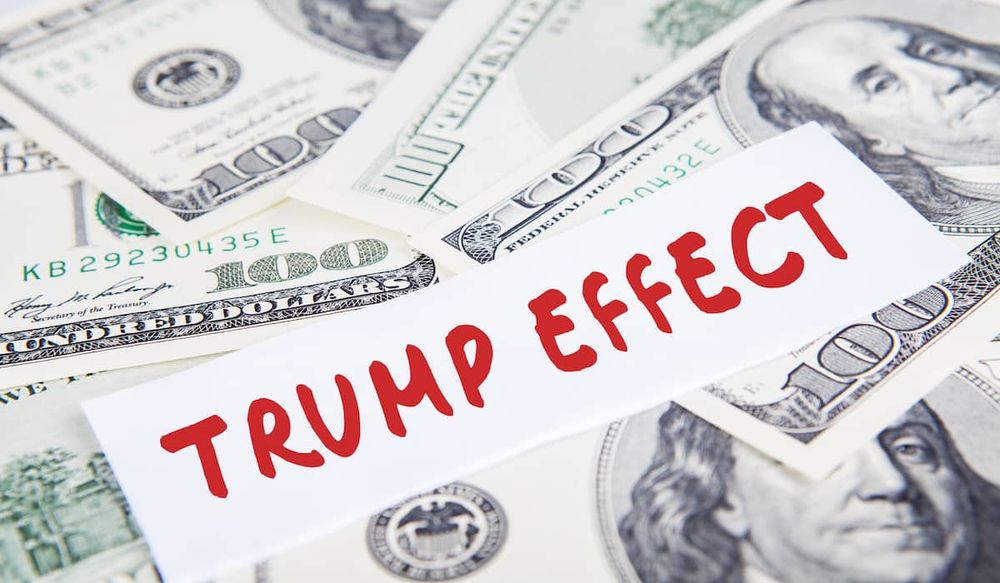
Stephen Roach, Senior Fellow, Yale University
Mar 31, 2025
The world’s major growth engines are about to run in reverse. The policies and uncertainties of US President Donald Trump’s second administration have hit a sluggish global economy with a transformational exogenous shock. Risks are especially worrisome in both the United States and China, which have collectively accounted for a little more than 40% of cumulative global GDP growth since 2010.
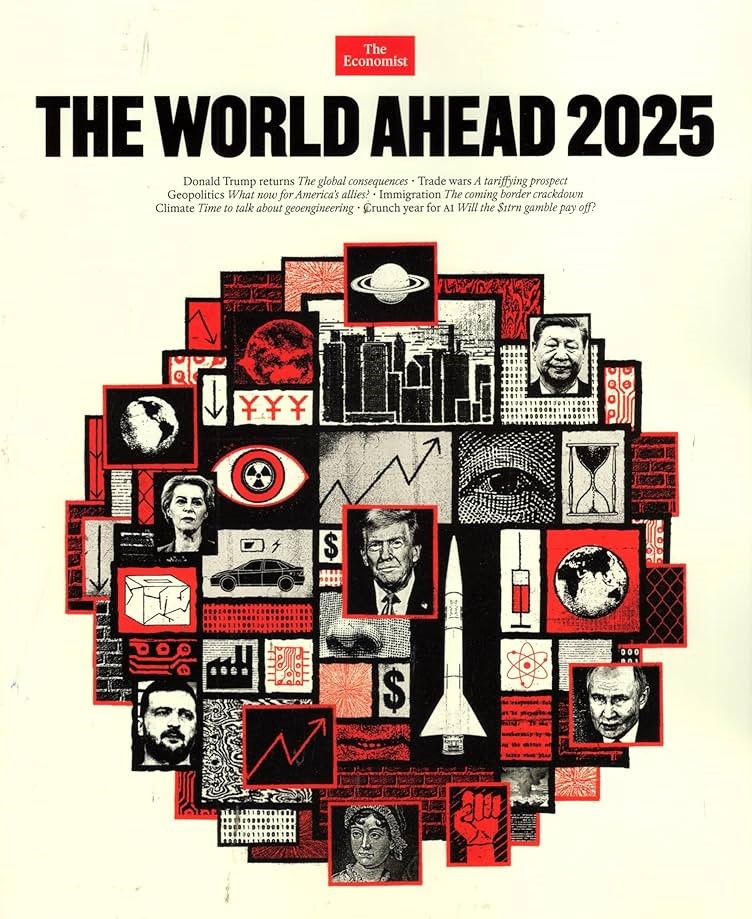
He Weiwen, Senior Fellow, Center for China and Globalization, CCG
Mar 31, 2025
Global GDP is likely to shrink again in Q2. Inflation will rise, and real pain will start to set in. Key industries will be disrupted, dragging down production and consumption. The United States may miss its growth target for 2025, and as a new cross-Atlantic trade war looms, growth may slow in the eurozone as well.

Zhou Xiaoming, Former Deputy Permanent Representative of China’s Mission to the UN Office in Geneva
Mar 31, 2025
A great many negative consequences would follow a successful effort by the United States to pull the MFN rug out from under the world’s second-largest economy. If this key pillar of global trade is taken away, the collapse of the WTO itself could follow.
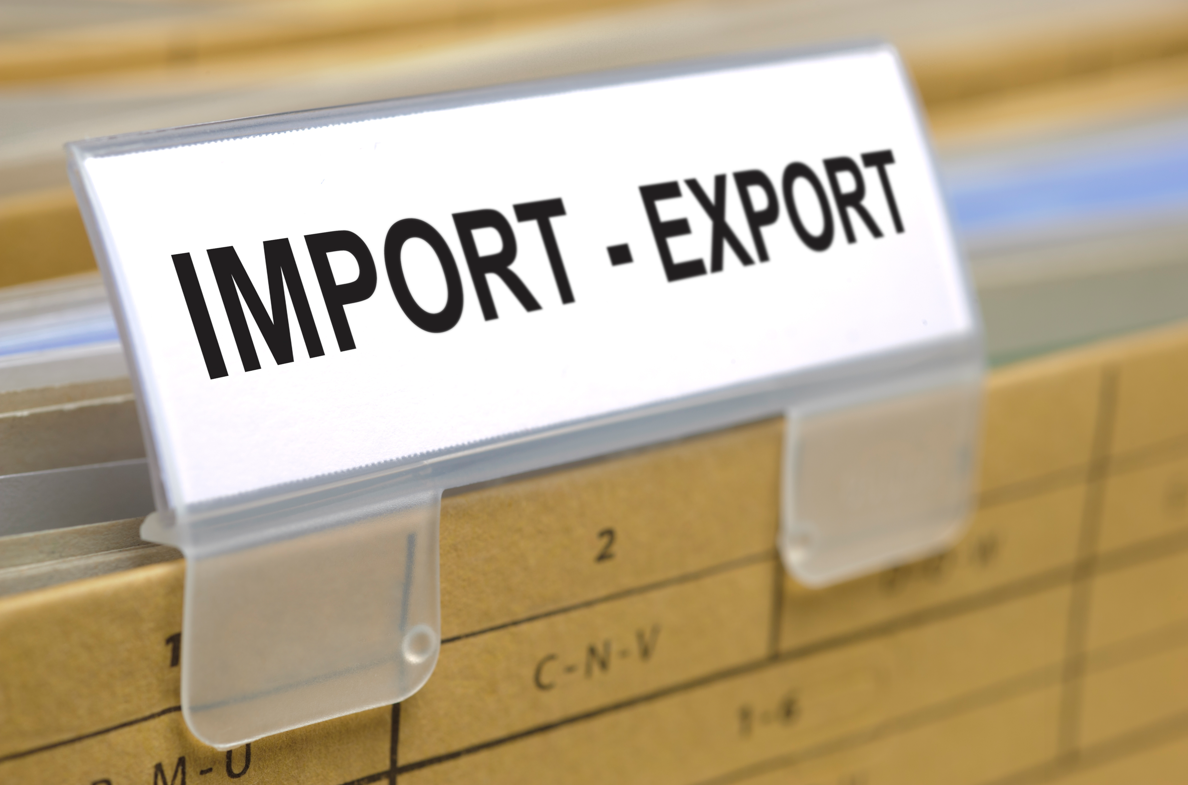
Dan Steinbock, Founder, Difference Group
Feb 07, 2025
By trying to weaponize the U.S. tariffs on America's big trade partners against China, President Trump is basing bad economics on worse geopolitics. It could prove a costly prelude to a global downturn.
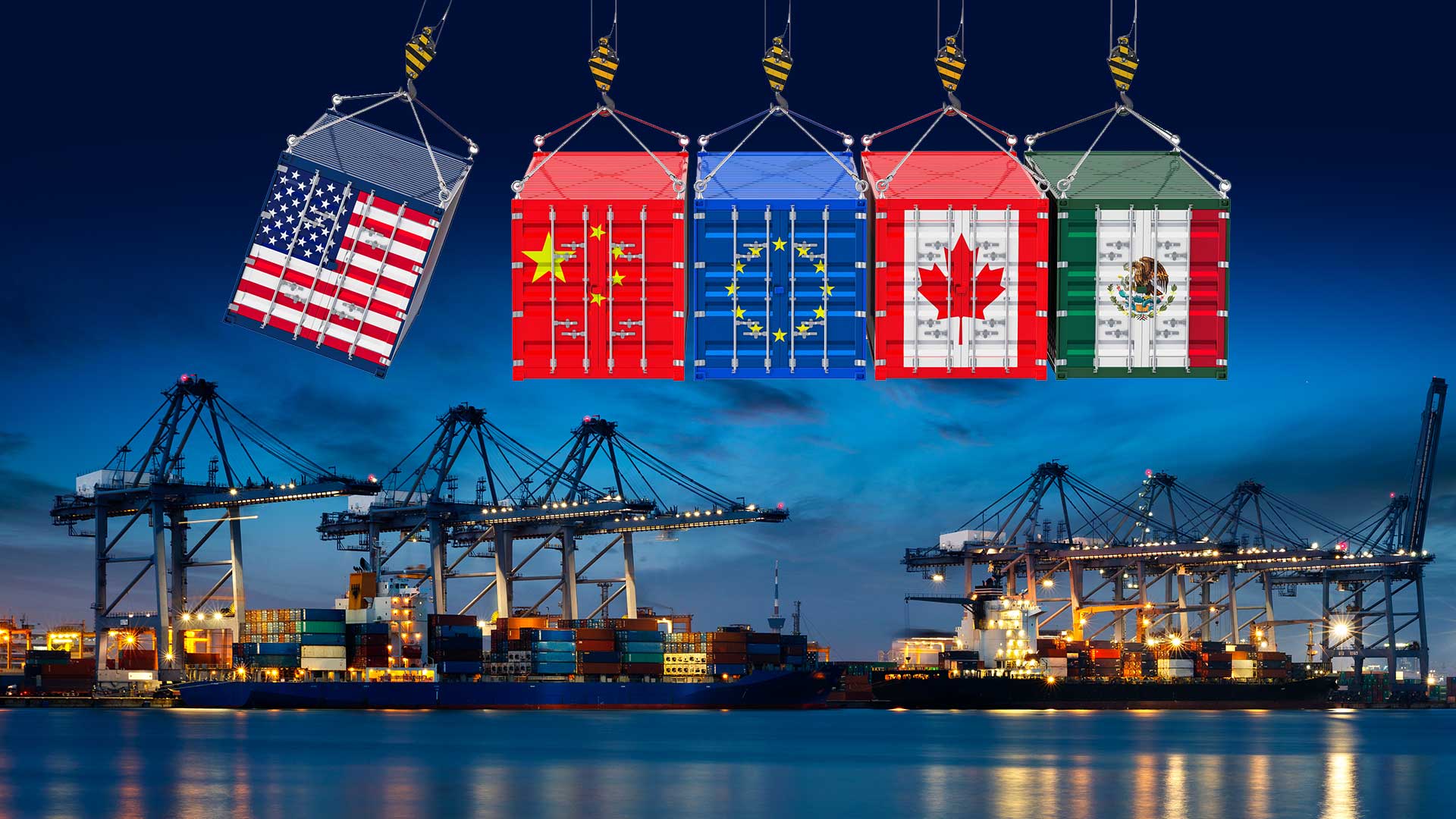
He Weiwen, Senior Fellow, Center for China and Globalization, CCG
Jan 28, 2025
China and the U.S. should not entangle themselves in trade imbalances and tariffs but find a new, innovative perspective. The future will be shaped by AI, big data, quantum computing and telecom. Both countries have tremendous common interests.
He Weiwen, Senior Fellow, Center for China and Globalization, CCG
Jan 03, 2025
The two major powers should go beyond their differences and work together to advance global industry and offer even greater joint contributions — finding new ways to secure a peaceful, mutually beneficial relationship.
Fernando Menéndez, Economist and China-Latin America observer
Dec 31, 2024
Trump's proposed tariffs on Chinese imports serve his nationalist base but ultimately act as a deceptive "shell game," shifting costs to American consumers and producers. While some industries may benefit short-term, the broader economy and middle-class Americans will ultimately bear the long-term consequences.
Zhou Xiaoming, Former Deputy Permanent Representative of China’s Mission to the UN Office in Geneva
Dec 27, 2024
Beijing has put the United States on notice that China will fight to safeguard its interests. Like a giant panda, which will attack someone who pokes it in the eye, China retaliated swiftly after the Biden administration tightened the screws on technology exports. Donald Trump, who has threatened a new trade war, should take careful note.